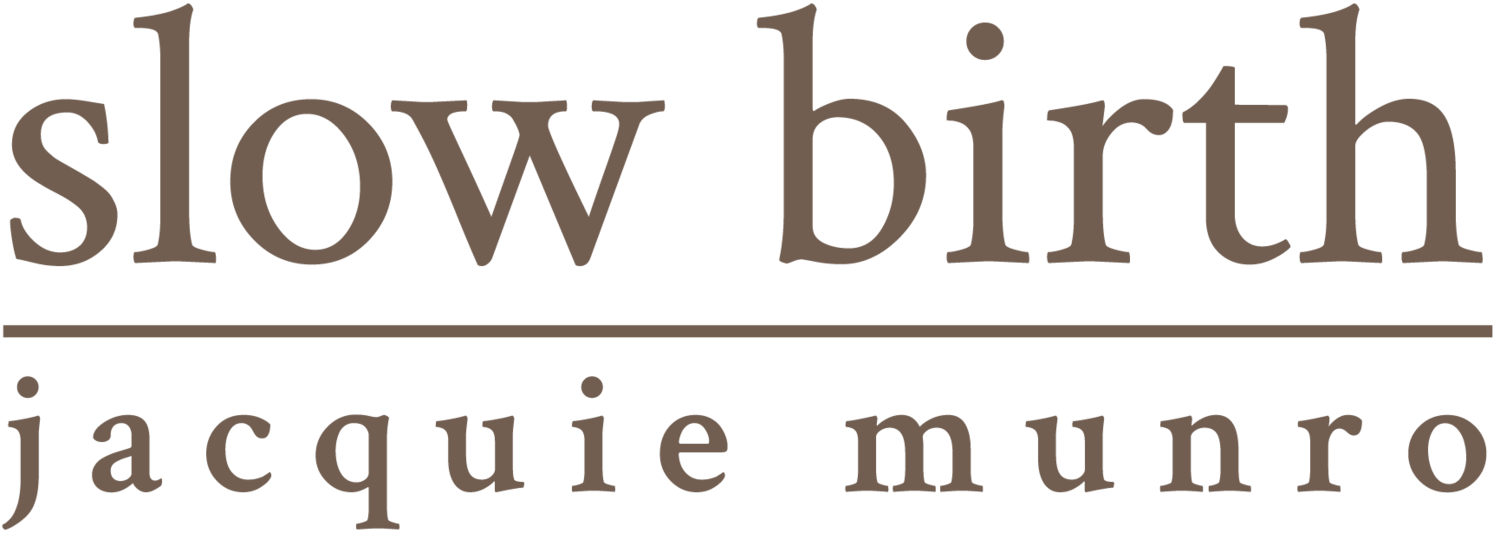I must say that I've had a long-standing passion for Murray Enkin. I was first "introduced" to him in 1987, when he was an obstetrics professor at McMaster University, and was writing "A Guide to Effective Care in Pregnancy and Childbirth". His book became my "bible". The underlying thesis of the book is that evidence from well-controlled trials should encourage the adoption of useful measures and the abandonment of those that are useless or harmful.
His review of the research helped to guide me in my role as a doula. I would photocopy pages of the book to give to clients, to help them negotiate the best care during pregnancy.
I only recently learned that Murray Enkin mentored my family physician when she was at medical school at McMaster University. She said that his nurturing taught her how to respect the value of research, while honouring the complexity of life, the effect of random variation, and the nuance required when providing health care at the highest level.
So, it didn't surprise me when I stumbled onto a Guest Editorial by Murray Enkin, published in December 2006 in "Birth" called "Beyond Evidence: The Complexity of Maternity Care".
There has been a movement afoot to solely rely on "evidence-based care" in obstetrics. This phrase quickly became a buzzword in midwifery schools and doula circles. Dr. Enkin argues that there is a fundamental mistake in using this approach in obstetrics. The complexity of obstetrics demands a different approach, one that considers the complex interrelationships among the separate elements at play.
"It is not simply the woman or the setting, the attendant or the policies, that influence the outcome" in labour. He argues that this renewed understanding can "point us to the steps we can take to move forward. First and foremost, we need to accept the uncomfortable reality that there are no comprehensive formulas. A cookbook for maternity is not in the cards."
"We must learn to think of the relationships among the disparate factors that influence each birth, each setting, each situation, rather than of the factors in isolation. We must allow new forms of research to evolve, to produce new kinds of evidence, and to accept the value of this new evidence."
As a doula, I need to keep current. I need to know that I'm providing my clients with all the information they need to make the best choices during their pregnancies and births. To do that, I read the MCDG list daily, consult MIDIRS, Birth, The Cochrane Library, and the world's major research institutes. I branch out and draw on essays and writings from different areas – literature, history, anthropology, comparative religion – to discover more holistic answers to birth's questions. I call on my most trusted midwives, family physicians and others, as I continually search for new ways of approaching birth.
I also trust that my own attendance at 50+ births per year counts for something in terms of continuous experiential research. I must negotiate the myriad differences and inter-relationships evident at each birth – with different babies, women, partners, caregivers, hospital staff, and family members.
I must practice "evidence-based care"…but I like to think I go beyond that, to consider a higher, more complex level of care, as Murray Enkin suggested.
Thanks, Murray, for keeping my passion alive, and for teaching me that wisdom is worth nurturing as much as research.
